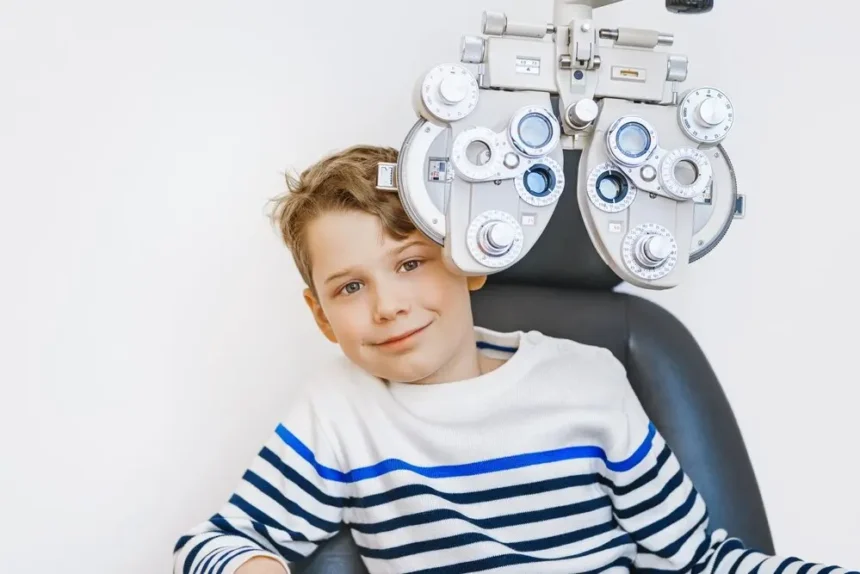Vision is valuable in our daily lives, but we often neglect eye health until problems become noticeable. Regular eye exams are key to catching early signs of vision issues, which can lead to better long-term health. Here is how routine exams help with early detection and why taking care of your eyes is important for maintaining good vision:
Why Schedule Eye Exams?
Eye doctors examine various aspects of your eye health and overall wellness during visits. They carefully review any changes in your vision, even minor ones, to find possible underlying causes. These exams can detect conditions like nearsightedness, farsightedness, or astigmatism, which can develop gradually.
Eye doctors also check for eye diseases such as glaucoma and cataracts, which often progress without obvious symptoms. Detecting these issues early may increase the chances of preventing permanent damage. Staying proactive about your eye health allows you to manage it more effectively.
What Happens During Exams?
An eye exam will typically follow a series of steps. First, your visual sharpness is tested, often using an eye chart. This helps determine if you need glasses or contact lenses. Next, a detailed evaluation checks for any eye problems. This includes tests for depth perception, peripheral vision, and eye movement.
Doctors also examine the eye’s internal structures using special equipment, looking at the retina and optic nerve. These steps help detect hidden conditions before symptoms appear. Some eye exams are customized based on age, lifestyle, or health conditions.
What Problems Are Found?
Regular eye exams often reveal various vision problems. Many of these issues develop slowly at first but can lead to serious complications if not treated. Here are some common examples:
- Refractive Errors: Conditions like nearsightedness and farsightedness may start in childhood. If left untreated, they can cause headaches, blurred vision, or trouble focusing at different distances.
- Eye Pressure Problems: High eye pressure may indicate early-stage glaucoma, which damages the optic nerve over time. Without treatment, it can result in permanent vision loss.
- Cataract issues: Cataracts occur gradually as the lens becomes cloudy. Detecting them early through an eye exam usually allows for effective treatment, often with surgery, when needed.
By addressing these issues quickly, eye doctors help improve your vision and overall quality of life.
Who Benefits the Most?
People of all ages benefit from regular eye checkups, but some groups especially gain more. Families with a history of eye diseases are at higher risk. Children, whose eyes are still growing and changing, need regular monitoring to help maintain good vision for learning and everyday activities.
How Often Are Exams?
Eye exam frequency depends on individual factors such as age, eye health history, and existing conditions. Younger adults might need an exam every two years, although those with glasses or contacts may need annual visits. For children, the first exam typically happens before kindergarten, followed by checkups every one to two years. After age 60, yearly exams are recommended to help detect the natural changes that come with aging.
Get an Eye Exam
Maintaining healthy vision requires attention and action. If you haven’t had an exam recently, reach out to an eye doctor near you to book an appointment. Beyond regular exams, protect your eyes by wearing sunglasses outdoors, reducing screen time, and eating foods that support eye health. Take small steps toward prioritizing your eyes today and schedule an appointment.





